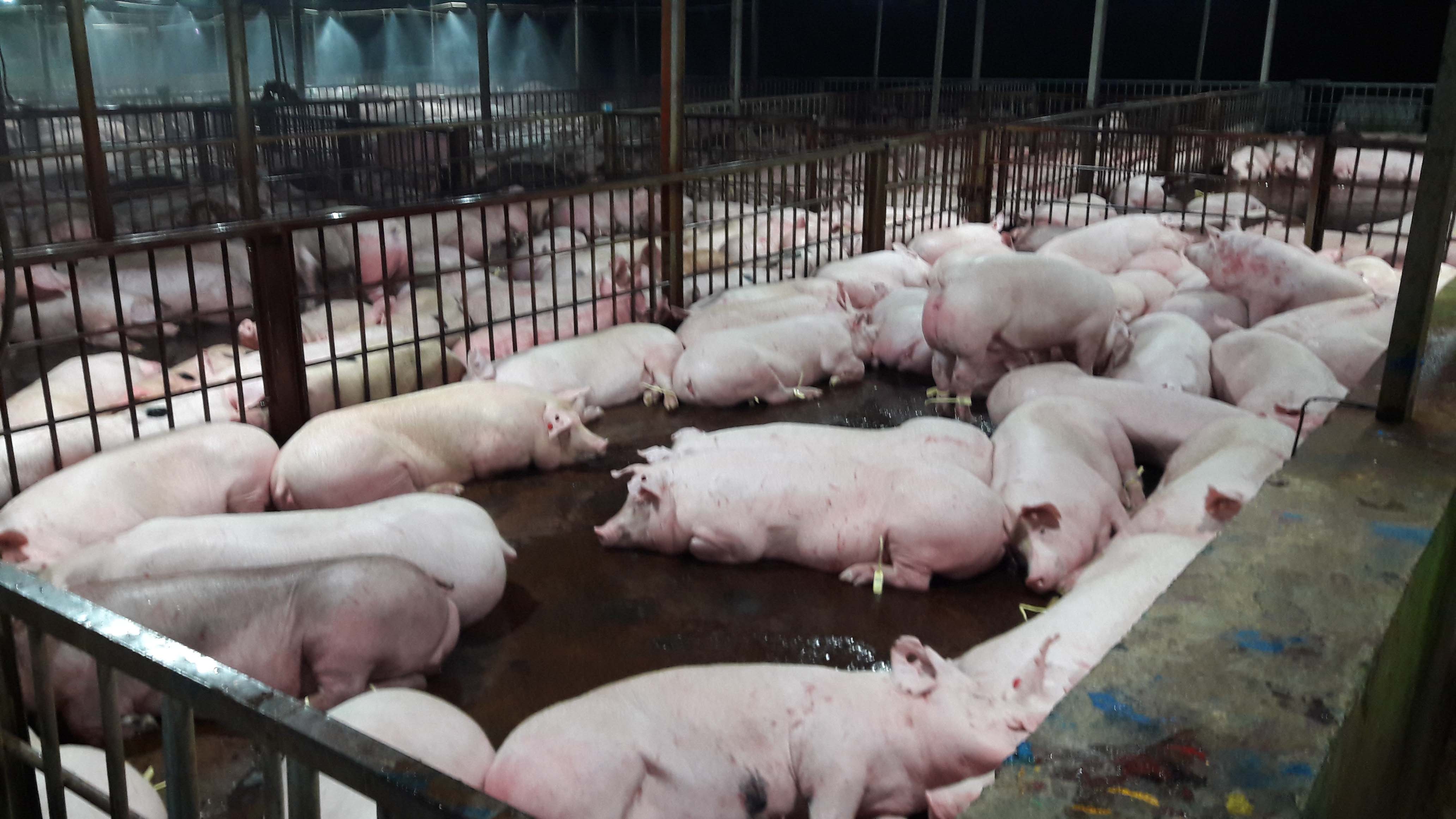Vietnamese authorities have decided not to prohibit the use of sedatives on pigs, despite there being no effective measures currently in place to prevent livestock farmers from engaging in a widespread practice of injecting pigs with tranquilliser before slaughter.
Vietnam’s Ministry of Agriculture and Rural Development has officially turned down a proposal from the Ho Chi Minh City administration to add acepromazine – a sedative designed to restrain hyperactive or fractious animals –to the list of veterinary drugs banned for use on animals raised for human consumption.
In Vietnam, it is permitted to use sedatives to calm aggressive animals during transportation, but the drugs must by cleared from the animals’ bodies before slaughter.
Despite health risks to consumers, many local slaughterhouses inject their livestock with drugs like acepromazine shortly before slaughter under the belief that calm pigs produce fresher meat with a more appealing color.
Many other provincial authorities, in addition to the Ho Chi Minh City administration, have submitted proposals to prosecute famers who engage in such practices.
However, until the agriculture ministry includes acepromazine on their blacklist, only administrative punishments can be applied for violating regulations on the utilization of sedatives on animals.
Industry insiders have voiced mixed opinions regarding the ministry’s decision to exclude acepromazine from the blacklist.
According to Nguyen Dang Vang, chairman of the Animal Livestock Association of Vietnam, acepromazine is typically expelled from an animal’s body during excretion.
“It would be more appropriate to determine the maximum allowable residue for acepromazine in meat products,” Vang suggested.
Tran Van Quang, head of the Veterinary Department of Dong Nai Province, asserted that it is impossible to ban the use of sedatives as they are vital for animal treatment and surgery.
Currently, acepromazine is approved for animal use in several developed countries such as the United States, France, and the United Kingdom. Vietnam-made sedatives are also exported to Singapore, Malaysia, and Myanmar.
N.T.An, an expert in animal breeding, said that those countries only allow the use of sedatives to treat animal diseases.
“That is why they do not ban or limit the use of such drugs,” An explained.
In order to prevent sedative from being abused in pig slaughtering, An recommended requiring a doctor's prescription stating the purpose, the animal being treated, and the dosage before farmers can purchase the drug.
Consumption of pork with sedative residue can cause low blood pressure, sluggishness, weight gain, dry mouth, constipation, allergic reactions, drowsiness, prolonged depression, and reduced ability to regulate body temperature, according to Dr. Le Thanh Hien, dean of the infectious diseases and animal health faculty at Nong Lam University.
Clinical complications can ensue if the consumer is using medications, is a minor or a senior, or has a history of cardiovascular, liver, or kidney diseases, she added.
Like us on Facebook or follow us on Twitter to get the latest news about Vietnam!




















































